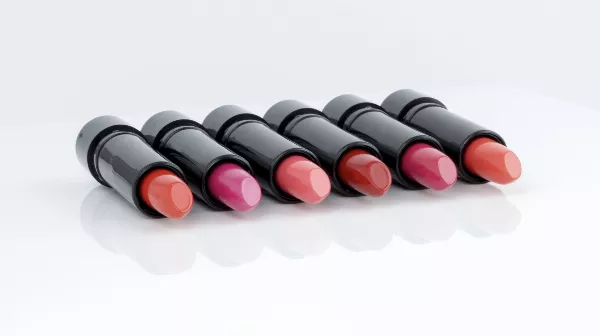What Does A Toner Do For Your Face?
Nowadays a modern skincare routine seems to consist of countless steps and numerous products what may be rather demotivating than encouraging to some people. It also can get a bit exhausting to apply all those cosmetics layer by layer… not everybody wants to spend eternity in their bathroom, right? This whole scenario awakens curiosity though: “What if all those steps make sense and they’re not for nothing?”. Among them we can find a toner, considered unnecessary and therefore overlooked by many. Nonetheless, should it be this way that it is so often omitted? In this article, let’s focus on this one type of product and see what indeed a toner does for your face.

Face Toner: As its name indicates, it tones
Our skin’s natural pH is slightly acidic - it fluctuates between the values from 4.7 up to around 5.75. It also differs by sex - men happen to have more acidic perspiration than women what makes their skin pH oscillate closer to the lower values. Keeping this parameter within the proper range is crucial for the health of your skin - pH contributes to skin’s resiliency, susceptibility, maintenance of moisture and protective lipid barrier as well as beneficial bacterial flora. It is equally bad for the skin when its pH is too high or too low. The first option is nevertheless way worse simply because of the fact that it is more abnormal for the skin to be alkaline - it’s also what most of the cleansers do to the skin and what we’re often unconscious of.
Now the role of a toner may seem a little clearer - namely it literally tones. After cleansing our skin becomes more alkaline - it’s got stripped of its comforting barrier with a somehow alkaline product. It is not in its natural, healthy state and hence is more susceptible to irritation as well as over responding to stimuli e.g. with redness or excessive sebum or pus production. A toner consists of more acidic components which return the pH back to the normal levels so that the skin once again is calm and thriving.

Does fece toner have functions other than toning?
On the drug stores’ shelves we can find plenty of toners which possess additional ingredients for extra functions e.g. they can contain AHA or BHA acids for peeling and pore - closing properties as well as various moisturizing and antioxidant substances - the options are copious. Discover the details in the further paragraphs about what type of toner you choose choose. Either way, beware of the term “astringent” - these supposedly also do fall under the category of toners nonetheless they are nothing but damaging to your skin. They are mostly comprised of detrimental alcohol which yes, tightens the pores or is acidic, but also is one of the greatest irritants for the skin - it dries it out and makes it lose its structure.

Choosing the toner for your skin type
As mentioned earlier, toners can have more functions than just toning and that’s why we can choose one specially for our own personalized routine.
• If you have recurrent blackheads or acne, go for a toner with AHA and BHA or lactic acids - they gently remove the excess of dead cells from the skin’s surface.
• If you would like to brighten your skin, choose a product with salicylic acid and/or vitamin C.
• Toners can also be moisturizing - then the ingredients like hyaluronic acid or glycerin can be found on the ingredient list. Don’t get caught in a trap that if you have oily skin you should avoid them like the plague - they don’t add oil to your skin and everybody needs to moisturize anyway. Moreover, it can rather help alleviate the condition - if the skin’s better moisturized, it produces less sebum. Plus, you have other products to especially target the oiliness.
• Furthermore, antioxidants are always a great addition to a toner, especially if someone is not a big essence fan. Go for vitamin E, immortelle or other plant extracts formulas.
• If your skin is extremely dry and sensitive or gets irritated easily, you can never go wrong with just simple hyaluronic acid - there are toners which contain just that as the active ingredient. The compound is naturally present in our skin , is slightly acidic and of only soothing and hydrating properties. Nothing bad can happen.
, is slightly acidic and of only soothing and hydrating properties. Nothing bad can happen.
updates?










0